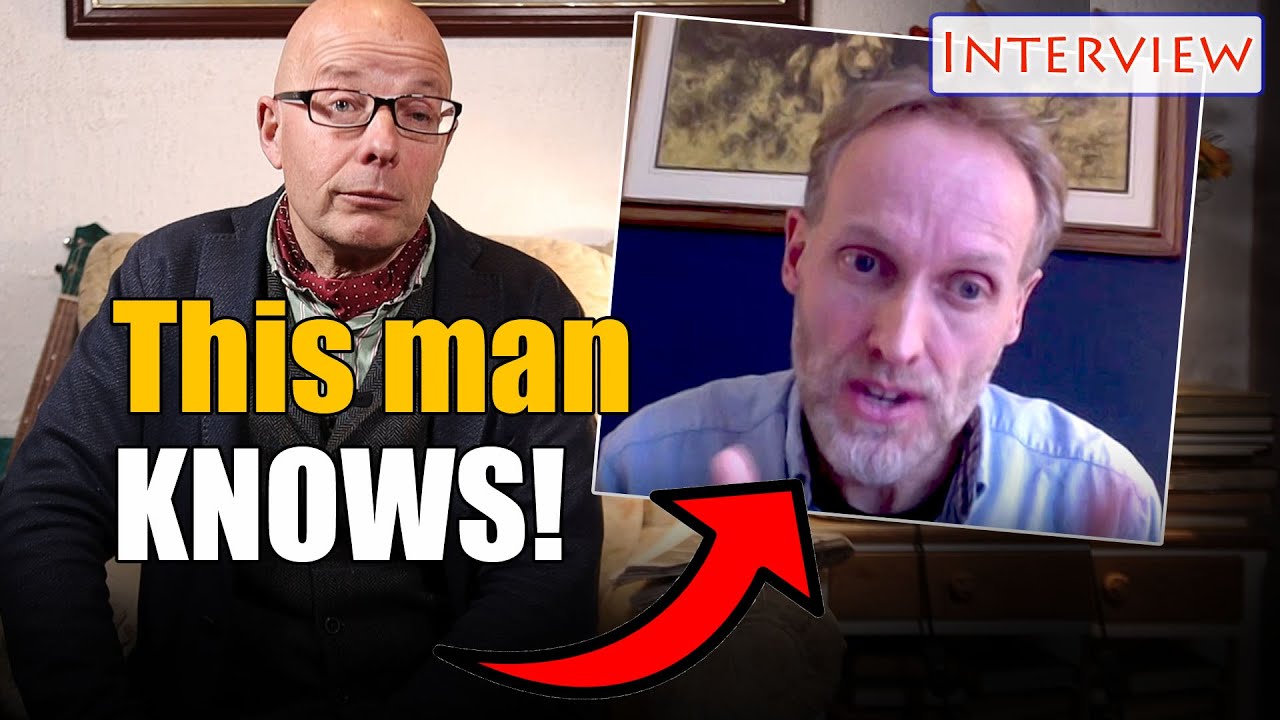Getting the Information Out
It's been busy on CommonLawConstitution.org over the last 48 hours! An in-person talk for Will on Wednesday evening, an online presentation Thursday morning and then an interview with Richard Vobes Thursday afternoon!
It was great to be on Richard's Youtube channel yesterday. Enjoyed it very much and we had a great informal chat afterwards as well!
https://www.youtube.com/watch?v=9mBC873TSEE
There were a number of questions and issues that came up following the discussion which we will tackle in a follow-up soon. Most of these issues are dealt with in the material on this site but for ease let's tackle one or two here...
The King (John) was forced to sign the Magna Carta
Yes, he was (if he was to remain King). Why is this OK? Because the King had committed crimes under the laws of England (some of them violent) and he was being brought to justice by his peers - the Barons. Remember that the King is subject to the law just like anyone else under an equitable system of governance. Essentially, the Barons were convening a Common Law court.
Additionally, the King was already bound by the coronation oath that he had already taken. Magna Carta was a restatement of what the King had already promised, and what was already established as constitutional law in perpetuity. The Barons were simply holding the King to account as the most senior public servant.
The Pope annulled Magna Carta
No, the Pope had no jurisdiction and was not a party to the original constitutional arrangements. He had no right to involve himself in the affairs of a foreign nation.
There are claims that King John 'gave the nation away', this would also have been unlawful. England was functioning as a 'Limited Monarchy' in which the King (Head of State) was merely the most senior public servant - or 'first among equals'. He would not have had the authority to 'give away the nation'!
